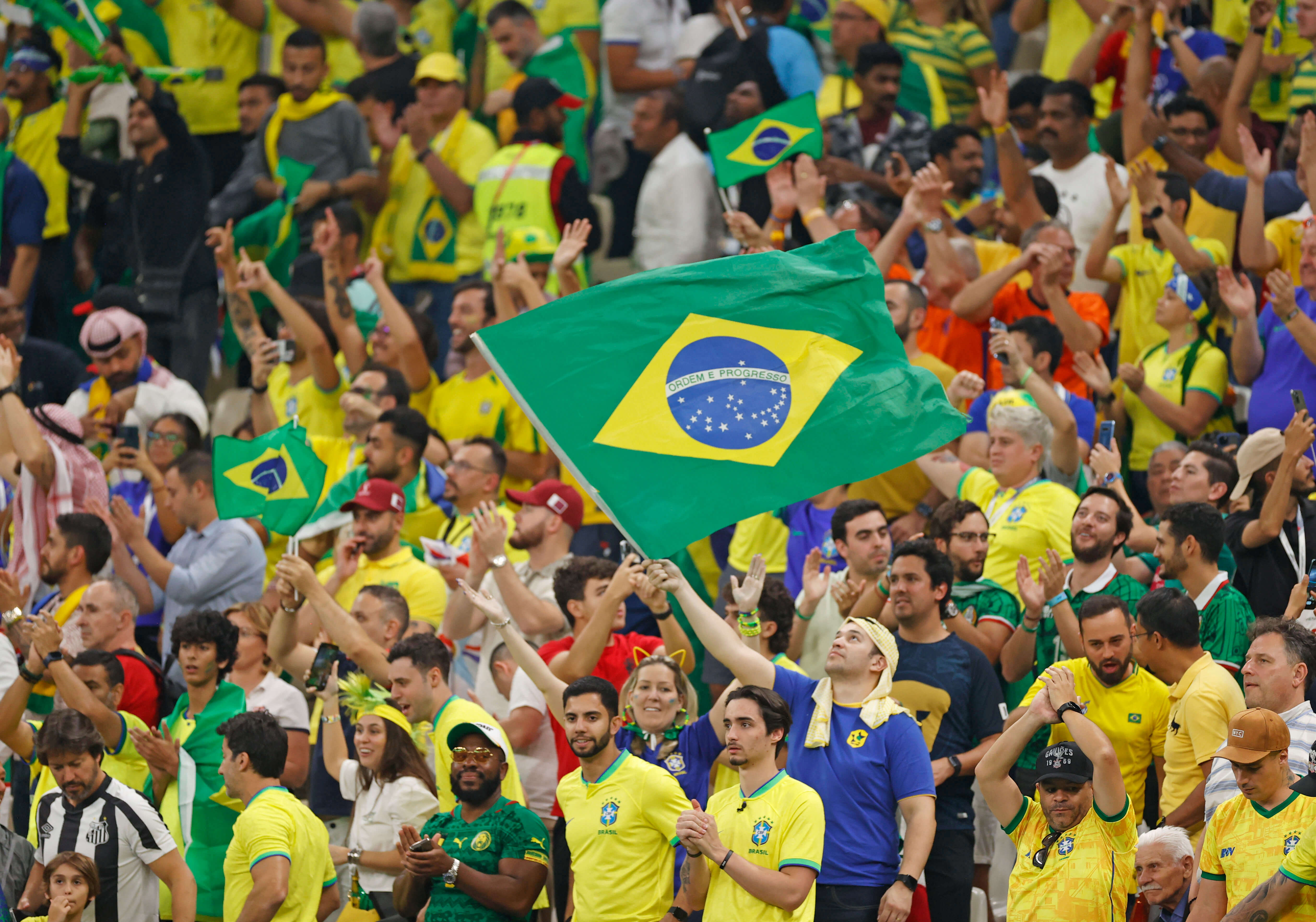Betano extends its international reach and football ties, including as official betting partner of the upcoming UEFA Euro 2024.
Kaizen Gaming, owner of the Betano brand, is the first company to request an authorization to conduct sports betting and online gaming operations in Brazil, according to Games Magazine Brazil.
Betano, through Kaizen Gaming Brazil, filed its request within days of the release of Ordinance No. 827, establishing Brazil’s rules for obtaining authorization. Companies that submit their requests by the Aug. 20 deadline can expect authorization by Dec. 31.
Betano extends its international reach and football ties
Betano was a likely candidate to seek authorization to operate in South America’s largest country. Betano has sponsored Atlético Mineiro since 2021. This year, Betano forged an agreement with the Brazilian Football Federation, obtaining the naming rights for the Brazilian Football Championship. Betano has a similar arrangement with the Copa do Brasil.
Betano has a large presence in Europe and Latin America. It’s the official betting partner of the upcoming UEFA Euro 2024. The brand has a two-year jersey sponsorship deal with the Premier League’s Aston Villa. Extending their international reach, Betano recently launched in Nigeria and in Ontario.
Brazil’s journey to regulation
It has been a long road for regulated gambling in Brazil. While fixed-odds sports betting was technically legal in Brazil since 2018, the country never established the supporting framework. It was roughly five years later when Brazil’s Minister of Finance announced his intentions to finally secure regulations for the sector. Even then, it took a few tries, and many amendments, to secure the necessary regulations.
There is a lot at stake for Brazil. Even without the legal infrastructure, Brazil generates roughly R$45 billion annually for the online gambling sector – making it the global market leader. Up until now, however, it generated zero tax revenue for the country.
Offshore crackdown likely
Brazil, like many jurisdictions, is seeking to provide a regulated gambling market. Collecting taxes to ensure the safety of the sector and for the betterment of Brazil’s constituents is an integral part of that process. Once its regulated market is operational, Brazil is likely to crack down on the unregulated market. At least, that’s starting to happen in the United States’ fledgling legal gambling market.
In April 2022, the American Gaming Association (AGA) requested the U.S. Attorney General crack down on illegal online sportsbooks and casinos. In May 2023, regulators from seven states (Colorado, Illinois, Michigan, Louisiana, Mississippi, New Jersey, and Nevada) requested the Department of Justice do more to curb illegal offshore gambling. But some states aren’t waiting for the federal government to act.
Just this week, Michigan issued a cease-and-desist order to Curaçao-based Harp Media B.V., a company that operates Bovada, an online sports betting and casino gambling brand. The Michigan Gaming Control Board (MGCB) gave Bovada 14 days to restrict the access of Michigan’s residents before the state considers legal action.

